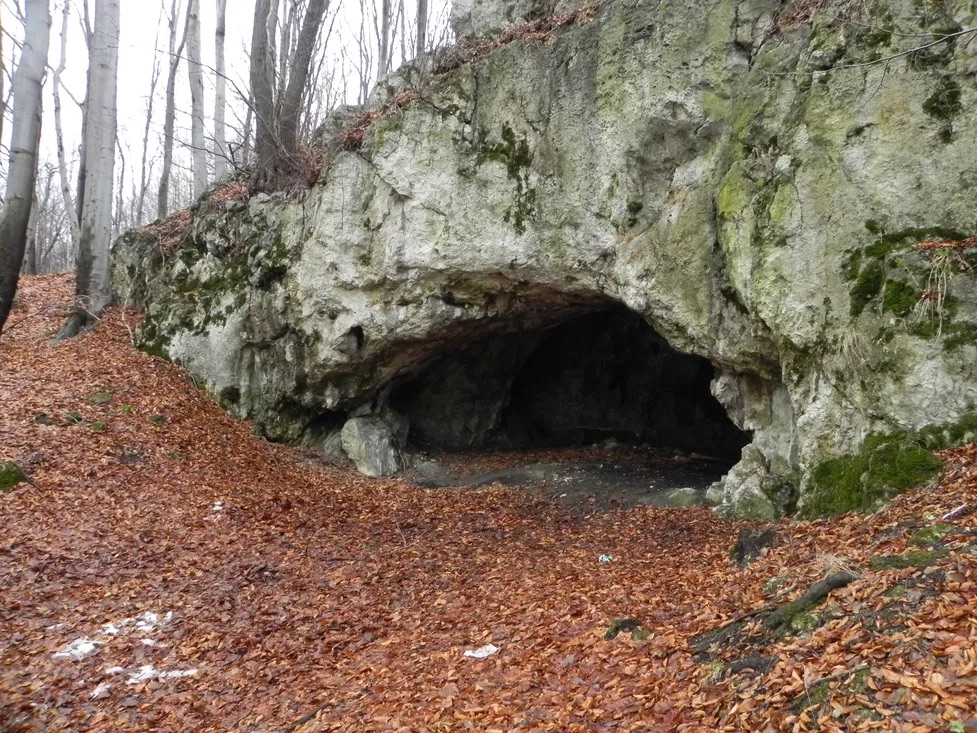The bones and skulls were found strewn among animal remains, a burial that was meant to humiliate a conquered rival even after defeat
Eli Wizevich
History Correspondent
February 10, 2025

Maszycka Cave in southern Poland, where archaeologists unearthed 18,000-year-old bones that show evidence of human manipulation Darek Bobak
Archaeologists in Poland have discovered widespread evidence of cannibalism among prehistoric humans who gathered in Maszycka Cave, near modern-day Krakow, some 18,000 years ago.
The findings, published in the journal Scientific Reports, are based on advanced 3D imaging of 63 human bone samples dated to the Magdalenian period. Sixty-eight percent of the samples show evidence of human manipulation, including cut marks and scratches consistent with cannibalistic practices like extracting muscles, bone marrow and brain matter for consumption, according to a statement.
The discovery offers new insights into the cultural and mortuary practices of prehistoric Poland. It also forms part of a larger story about violence during a period of mass migration across Europe.
Maszycka Cave is “the remnant of an encampment of a group of people who arrived 18,000 years ago from Western Europe,” following the path of retreating glaciers from their cave art-filled dwellings in Spain and France to settle areas of the continent, including present-day Poland, Marta Połtowicz-Bobak, an archaeologist at the University of Rzeszow, tells the Polish Press Agency (PAP), per Notes From Poland’s Agata Pyka.
More:
https://www.smithsonianmag.com/smart-news/butchered-human-remains-found-in-a-polish-cave-suggest-these-prehistoric-people-cannibalized-their-enemies-180986032/
 = new reply since forum marked as read
= new reply since forum marked as read
